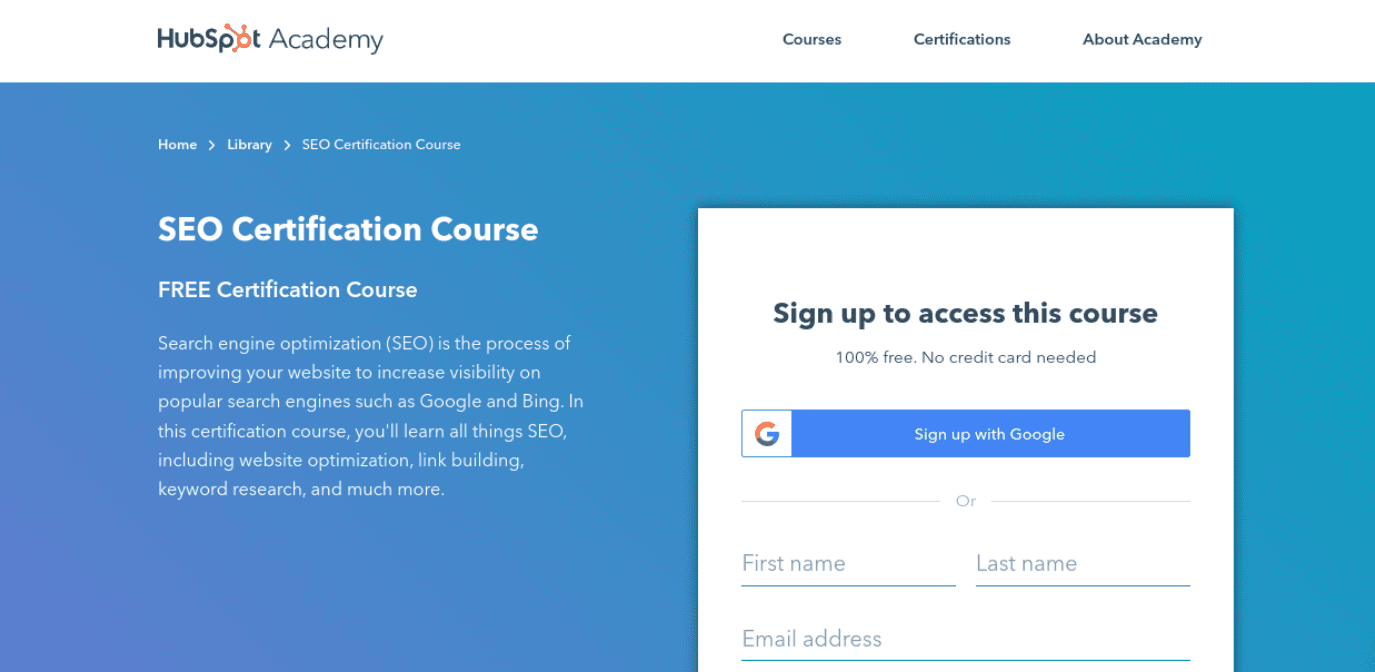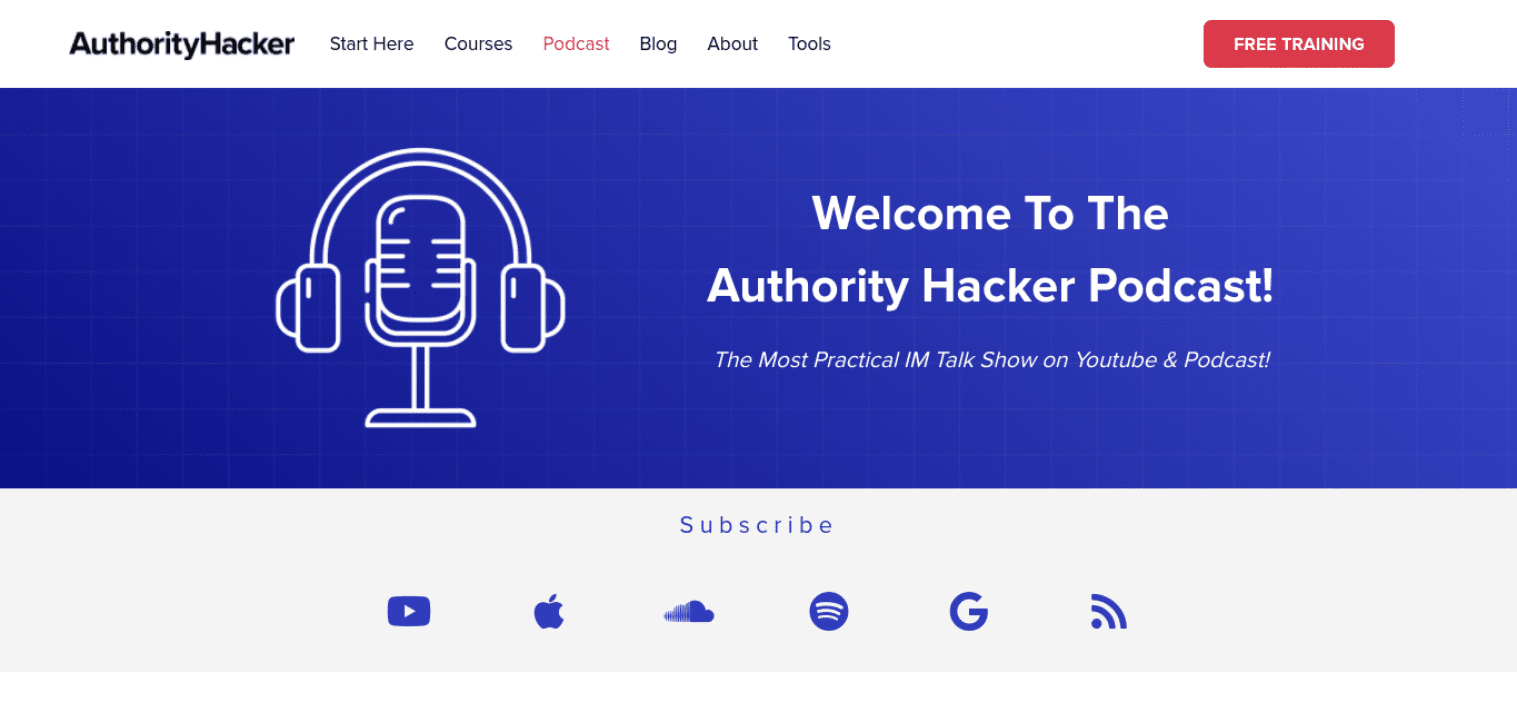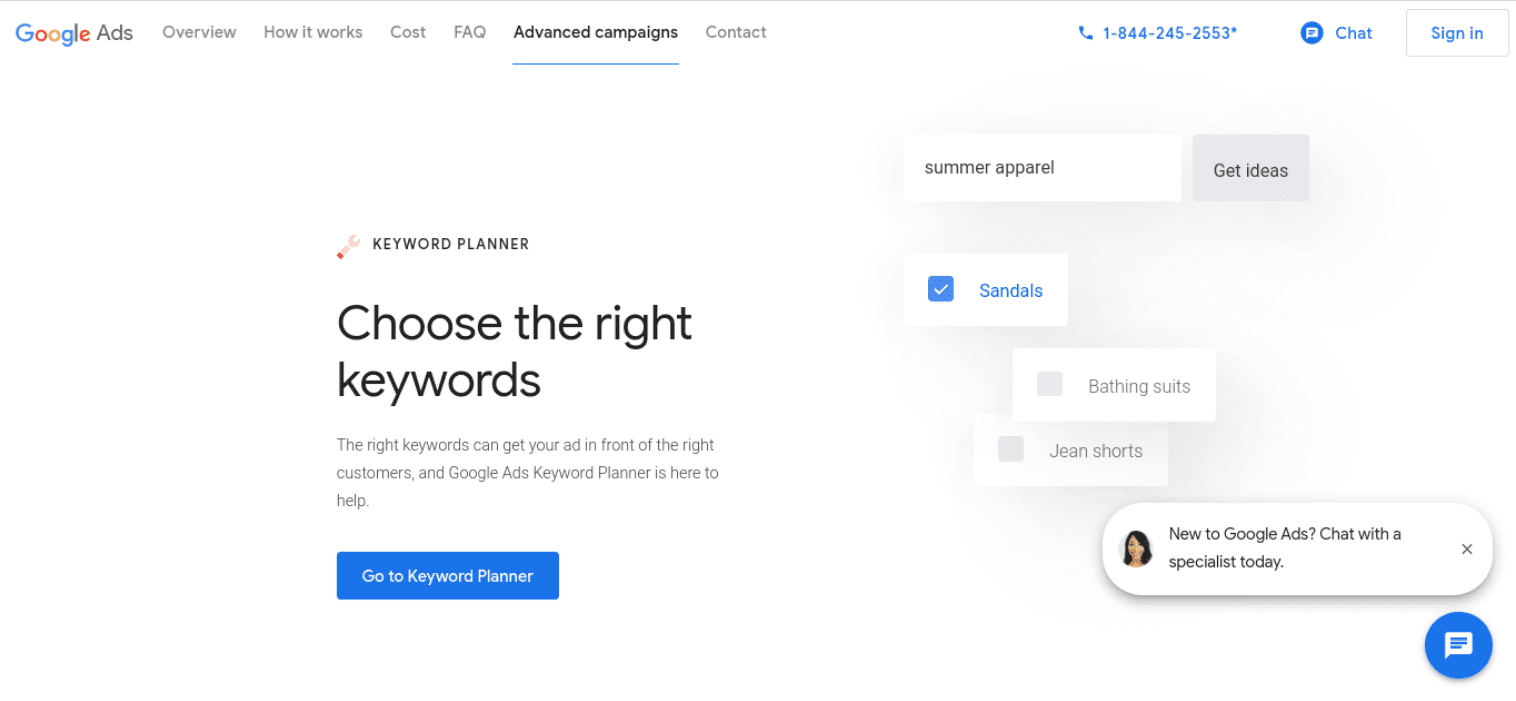Whether you want to pursue a career in online marketing or boost your search engine visibility, acquiring Search Engine Optimization (SEO) skills can be advantageous. However, figuring out how to become an SEO expert – and what SEO expertise entails – is an essential first step.
In this post, we’ll explain what an SEO expert is and what their job involves. Then we’ll provide key tips for gaining SEO expertise and discuss how you can move from beginner to expert level. Let’s jump in!
What Is an SEO Expert?
An SEO expert has a deep working knowledge of how to improve rankings and increase organic traffic from Search Engine Results Pages (SERPs). In addition, they understand and use page optimization techniques to boost search engine visibility and enhance the User Experience (UX).
Contrary to popular belief, an SEO specialist isn’t someone who can (or should) guarantee clients the top spots in the SERPs. No one can ensure this outcome, and claiming otherwise is unethical. If you come across someone who promises this, you may want to look elsewhere.
Instead, SEO experts are well-versed in the Google Webmaster guidelines, understand how search engines crawl websites, and recognize technical SEO concepts. By understanding the ins and outs of organic search, they can strategize, explain, and implement tactics targeted to specific outcomes.
Not every SEO expert enters the field intentionally. Sometimes the process happens accidentally when they try to improve their online marketing outcomes. An SEO expert’s daily workday can be filled with a variety of tasks and activities, including:
- Keyword research
- On- and off-page optimization
- Link building
- Website audits
- Code and site structure changes
- Analytics and reporting
- Competitor analysis
- Client consultation
SEO specialists must coordinate with other marketing departments, such as design and social. They also need to stay up-to-date on the latest industry trends and news. Overall, SEO expertise is in high demand. Companies hire SEO experts to help increase site traffic and improve digital campaigns to bring in new customers.
How to Gain SEO Expertise (4 Tips)
Various tools, strategies, courses, and methods can help you gain SEO expertise. Let’s look at some essential tips for acquiring and expanding your skills!
1. Take SEO Courses
The fastest way to learn SEO at any level is to take a formal course. There are plenty of platforms you can choose from, including both free and paid options.
You can choose courses and lessons depending on where you are in your SEO journey. For example, you can start with Google’s SEO Starter Guide to gain a basic understanding of the core concepts.
You can also sign up for a course on Udemy or HubSpot Academy:

This training takes you through each element of SEO. You can access thorough, detailed lessons from experts. Additionally, you will participate in learning checkpoints and activities that help fuel your skills, such as quizzes and assessments. Some programs also provide a certificate of completion at the end.
As you move from beginner to expert-level, you can also sign up for courses that focus on advanced strategies and specific concepts. For example, Google Analytics Academy can help you develop skills for analyzing SEO-related data.
We have a great list of some of the best SEO courses you can take right now, if you’re interested in learning more.
2. Follow Industry-Leading Blogs
SEO is constantly changing. You’ll want to familiarize yourself with the various updates, learn best practices and tips, and stay on top of current and emerging trends.
Therefore, we recommend reading about these changes every day. You can do this by following industry-leading blogs covering online marketing and SEO topics. One of the most popular websites is Search Engine Journal:

Here, you can find guides, news articles, tips, and more. The website also covers other marketing-related concepts, such as content and social.
Additional credible sources include:
To make consuming any blog content easier, we also recommend signing up for website newsletters. That way, you’ll have articles delivered directly to your inbox.
Podcasts are excellent forms of educational content because you can listen to them while doing other tasks, such as working out or commuting. You can also subscribe to shows and receive instant notifications when new episodes are released. As with online courses and blogs, there are a handful of options to choose from. One you might consider subscribing to is the Authority Hacker Podcast (the creators of Authority Hacker Pro, a great SEO course):

Other shows worth checking out include The Search Engine Journal Show and MozPod. You should consider listening to new episodes as soon as they’re released. Furthermore, you can browse the archives to find content that addresses specific topics that interest you.
4. Learn Through Trial and Error
You can dedicate many hours to reading about SEO. However, the only way to truly learn is by doing.
One of the best techniques for gaining SEO expertise is through self-taught experimentation. For example, you can begin implementing SEO strategies on your website or blog. This process can help you gain real-world experience in optimizing content and building links.
If you have a WordPress site, you might consider installing a plugin such as Yoast SEO.

This freemium tool can guide you when optimizing your pages and posts. It provides suggestions for improving your content to target specific keywords and adhere to Google’s SEO guidelines. Rank Math is also another fantastic option to get some real-world experience at optimizing your site. In fact, there are tons of great SEO plugins available for WordPress, and we covered them all here.
Keep in mind that there isn’t a one-size-fits-all approach to successful SEO. It may take some trial and error to figure out what works and get your site ranking well in the SERPs. However, getting your hands dirty and attempting the work can speed up the learning process.
Levels of SEO Expertise
When you’re learning new skills, you have to go through stages along your journey. Furthermore, it helps to understand which areas you should feel confident in before advancing to the next level. Below, we’ll explore each SEO expertise level and outline some practical steps you can take to move through your training.
Beginner
When you start learning about SEO, you’ll probably be best looking for sites and resources that actual label their content for beginners. The goal is to form a solid understanding of SEO’s basic concepts and best practices, such as how search engines crawl, index, and rank websites.
To learn the fundamental frameworks, you can participate in SEO training and spend time reviewing credible resources and guides. Keep in mind that it can take up to three months to master the crucial, overarching concepts.
We recommend starting with the four core SEO areas:
- Finding and choosing keywords
- Link building
- On-page optimization
- Technical SEO
At this beginner stage, it’s important to make sure you have a sufficient grasp of the foundational capabilities of SEO. As you become more confident in these topics, you can begin branching into other essential areas, such as auditing and analytics.
Intermediate
As you phase into the intermediate level of SEO expertise, you can begin applying the knowledge you learned in tangible ways and putting the principles into practice.
For example, you’ll learn how to conduct keyword research and utilize tools such as Google Analytics, Keyword Planner, and Search Console. These platforms enable you to collect relevant data and interpret it in meaningful ways. They are easy to set up on your website with a Google Analytics plugin.

At the intermediate stage, you should be able to understand and develop SEO strategies. You’ll also need proficiency in technical SEO. In addition to keywords, this optimization process includes title tags and metadata.
As an intermediate SEO professional, you should be able to:
- Navigate and leverage tools such as Semrush
- Understand and follow the Google Webmaster guidelines
- Experiment with SEO tactics on your website
- Run metrics then analyze and measure results
- Use more advanced SEO concepts such as schema markup, crawl budget optimization, and content gap analysis
You’ll acquire more sophisticated SEO skills at the intermediate level and put them to use. Depending on your education methods, this process can take six months to a year.
For example, you can engage in intensive learning environments through boot camps, such as those offered by BrainStation. Hands-on approaches can accelerate your SEO training and coding skills.
Expert
Expert is a relative term. However, being an SEO expert typically means you have years of knowledge and experience under your belt and can tangibly demonstrate results. You should be able to help clients improve their SEO, whether working in-house for an agency or as a freelance specialist.
SEO experts will:
- Use internalized SEO strategies
- Show and apply advanced knowledge and techniques to achieve results
- Stay current with emerging SEO trends, running experiments and trials
- Scale SEO techniques and adapt as new data appears
- Demonstrate thought leadership
- Inform, educate, and guide others about SEO-related concepts
In addition, SEO experts usually take an active interest and role in the SEO community. This process includes staying updated on the latest trends, attending marketing conferences and events, and joining and contributing to online forums and groups.
Conclusion
SEO is a staple in online marketing. With this skill in high demand, it makes sense to gain SEO expertise. However, figuring out how to develop your skills can be tricky.
At base, an SEO expert understands how search engines crawl websites and how to best take advantage of the bots’ behavior. They can implement tactics and strategies to improve rankings in the SERPs. To gain SEO expertise, we recommend taking online courses, following popular online marketing blogs and podcasts, and then learning through self-experimentation as you apply the techniques you are exposed to.
Do you have any questions about becoming an SEO expert? What did your journey look like as you began gaining SEO expertise? Let us know in the comments section below!
Featured Image via VectorMine / shutterstock.com









Thanks Will to post another great post.
If someone wants to become an SEO expert then he has to learn SEO regularly. No one can stop learning because SEO is changing frequently.
You’re welcome, Razero!
Relevancy must be the top priority while making links. was nice reading the article
Thanks! Glad you enjoyed the post 🙂
All very good points.
I would also include using Bing Webmaster Tools to better understand how the second largest search engine is looking at your site. Oten, I find it provides insights that Google Seach Console doesn’t.
User experience is also key, like you mention.
Another point I have told prospects and clients, “there is no such thing as a SEO SME, Subject Matter Expert. The SEO landscape constantly changes. The best one can be is a Subject Matter Explorer.
Hi Jeff,
Thanks for the suggestion 🙂